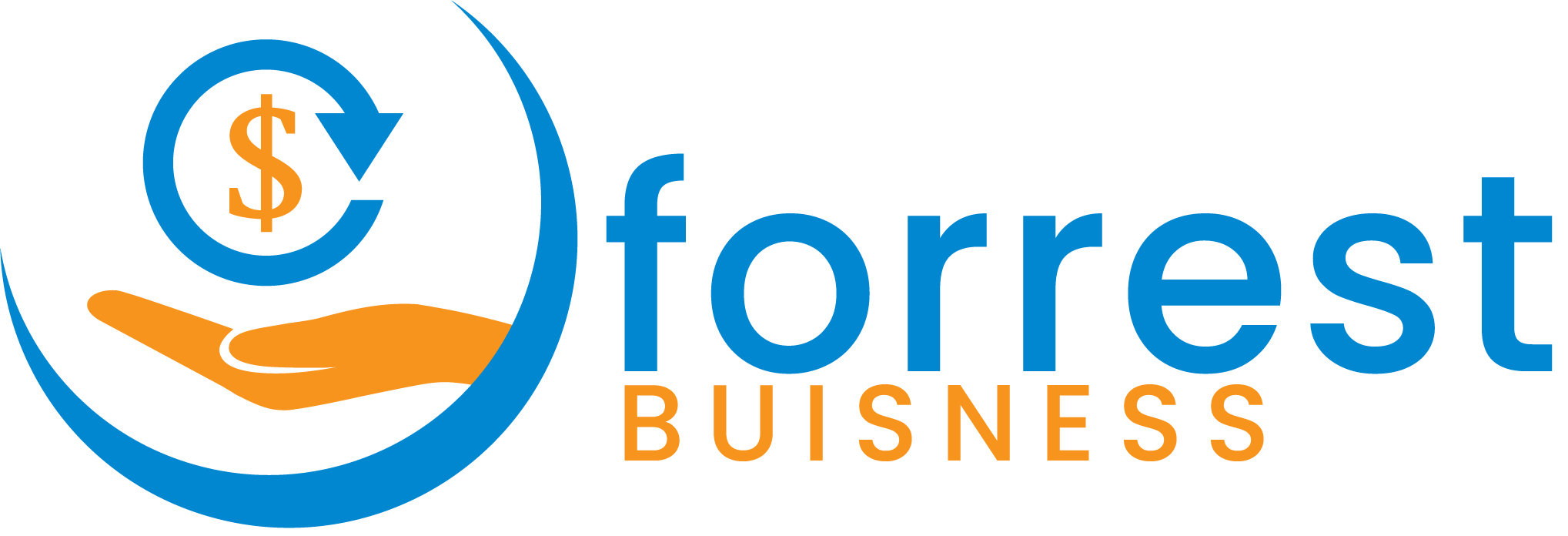The core tenets of open banking are customers’ monetary knowledge saved in banks are shared with third-party purposes with the customers’ consent. This provides customers extra choices and the ability to make their cash work extra.
As an alternative of historically going to a financial institution and being at its mercy for companies starting from cost transfers to loans, as that was the one place with the person’s info, the info can now be made obtainable to whom the person needs by way of open APIs (software programming interfaces).
So as a substitute of being restricted to utilizing the financial institution’s debit or bank cards, the person can utilise different cost gateways for the reason that person’s info is permitted to be considered by a 3rd occasion.
These ‘cost gateways’ are based mostly on the open API customary that was first established in 1997. It revolutionised retail banking by introducing an ‘open’ customary adopted by all main gamers, equivalent to Microsoft and Intuit, as a substitute of growing their proprietary APIs. This contributed to the coining of the time period ‘open banking’.
Why is open banking related?
Open Banking is meant to advertise competitors within the monetary companies trade and provides shoppers extra management over their knowledge.
It’s already being applied worldwide, equivalent to in the UK, Australia, and Canada. In 2015, the European Union additionally issued a directive on open banking.
In Southeast Asia, open banking continues to be in its early phases however quickly gaining traction. A number of international locations within the area, equivalent to Singapore, the Philippines, and Indonesia, are already making important progress in open banking readiness.
This can be a important improvement as it would enable for larger competitors and innovation within the banking sector. It’ll additionally make it simpler for purchasers to match monetary services.
Southeast Asia’s open banking system
Southeast Asia’s open banking system is taking by itself flavour. The person knowledge supply just isn’t derived solely from banks.
Singapore Monetary Knowledge Alternate, as an example, offers its customers entry to their private monetary info from SGX Central Depository, collaborating banks, and authorities companies such because the Housing Board and the Central Provident Fund Board.
It’s a government-owned and operated infrastructure. This provides a glimpse of how the opposite ASEAN international locations might be crafting their data-sharing gateways with their purpose of economic inclusion for all.
As an alternative of counting on monetary knowledge from banks when hundreds of thousands of the populace would not have a checking account, their knowledge might be gathered from non-bank sources equivalent to rental information and utility and cell phone payments.
ASEAN shifting open banking technique is pushed by monetary inclusion
On this matter, ASEAN is advancing from open banking to open financing and open knowledge. Their technique, pushed by monetary inclusion, is already bearing fruit.

Open banking all over the world, Supply: Temenos
In Indonesia, the Monetary Companies Authority (OJK) is growing progressive tips within the fintech house and has launched its Built-in Fee Techniques Blueprint 2025.
Financial institution of Indonesia (BI) additionally launched an open API specification comprising knowledge, technical, safety, and governance requirements to allow a seamless data-sharing framework.
In the meantime, the Philippines Central Financial institution has authorised tips on an open finance framework in a bid to advertise monetary inclusion and increase entry to monetary companies for all Filipinos.
Adopting an open finance mannequin will give clients uniform entry to all their knowledge and assure an anticipated stage of buyer safety during which their monetary knowledge can be secured.
With these tips in place, the Philippines is one step nearer to a extra inclusive monetary system that can profit all Filipinos.
In a 2021 progress report, ASEAN famous that it has already achieved its purpose of decreasing common monetary exclusion from 44 p.c to 30 p.c. 4 years sooner than its projected 2025 timeline. In a joint assertion final April, the common now stands at 27.92 p.c.
That is in step with the accelerated digital transformation the area has seen necessitated by the pandemic, supported by a younger inhabitants fast to undertake new know-how and loads of start-ups wanting to pave higher methods to succeed in extra clients – the banked, unbanked and underbanked – and go even additional.
Acknowledging the influence of start-ups
“Begin-ups are making a major influence within the improvement of e-commerce, fintech, transportation and logistics, journey and hospitality, and different areas of the digital financial system.
Some additionally assist different entrepreneurs and micro, small and medium-sized enterprises (MSMEs) in adopting know-how to boost effectivity and market attain,” the report stated.
The stakeholders, from governments and residents to monetary service suppliers, every play a task in inclusive progress.
Sharing monetary knowledge empowers customers to have extra management and selections of their financial decision-making. It additionally generates extra competitors and creates new avenues for higher merchandise and extra environment friendly service from conventional banks and the brand new gamers.
With ASEAN prioritising monetary inclusion and every member state devising and implementing its nationwide technique to cater to its distinctive wants, open banking evolution to open finance and open knowledge might be within the playing cards.
Featured picture credit score: freepik



